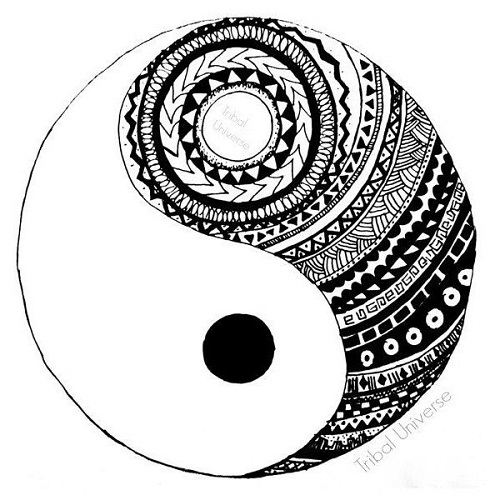FWP:
SETS == KIH; OPPOSITES;
REPETITION; SUBJECT?
DIFFICULT/EASY: {6,5}
Here Ghalib is playing with one of his favorite special devices, the creation of paradox. As can be seen, he has certainly confused some of the commentators. Even though he's discussed the verse in one of his letters, access to his letters was not always as easy as it is today, so it's not surprising that interpretations vary. Ghalib's own interpretation is straightforward-- or at least, that's how he made it sound. But he wrote the above letter almost forty years after composing the verse, and he was explaining some of his verses to a confused reader, so that simplicity would have been appropriate to the occasion.
Much the most striking thing about the verse is not any ostensible meaning, but the way it's flagrantly rigged for maximum confusingness and paradoxicalness. Consider the first line: 'If meeting you is not easy, then [X] is simple' (1a). In Urdu, the subject can be colloquially omitted, so that we have a choice of guesses as to what it might be. The grammatically and common-sensically obvious first choice is to guess that the same subject as in in the first clause: 'If meeting you is not easy, then [meeting you] is simple' (1b). But since this results in a mini-paradox of its own, we'll need to wait and look for a subject in, or through, the second line. (Under mushairah performance conditions, of course, there would be definitely be a bit of a wait.)
Then when we look at (or hear) the second line, we find a fresh set of interlocked obscurities. 'This then is difficult, that [X] is also not difficult'. For just as in the first line, the subject of the second clause is (permissibly) omitted. Surely we must guess that X is the same as the subject of the first clause, since we're running out of subject possibilities here. But the subject of the first clause is merely 'this'-- in the emphatic form with an embedded hii , such that it can be either restrictive ('only this') or emphatic ('this very thing'). In which case we have 'This then is difficult, that [this] is also not difficult' (2a). The other possibility, of course, is 'This then is difficult, which [is] also not difficult', since kih can be used in place of jo . Either way, we're absolutely forced to return to the first line for possible interpretations of 'this'. There, the only possible candidate for 'this' is 'meeting you', which yields (2b).
In short, if we work at it, we're eventually able to come up with the rather prosaic meaning that Ghalib himself has provided for his questioner. But the point of the verse, the enjoyableness of it, the thing that would make a hearer say vaah vaah , would surely never be just that prosaic paraphrase. Rather, it would be the flashy pyrotechnics of 'easy' and 'difficult' that surround the alleged 'meaning' and make it a matter of some mental labor to discern-- even after we know what we should (allegedly) be looking for.
The verse, in short, not only describes difficulty, but also enacts
it. Its gnomic complexities have been so carefully engineered that the reading provided
by Ghalib requires four different subjects: meeting you; [the lover's attitude];
['this']; and [meeting you], of which all except the first must be interpolated
or interpreted or both. Not bad, for a little two-line verse without any obscure
words or complex grammar. Verses about 'easy' and 'difficult' seem to bring
out Ghalib's taste for abstraction and paradox; see {6,5}
for more examples.

Ghalib:
[1864, to Junun Barelvi:] That is to say, if to get to you is not easy, then this task is easy for me. Well, to get to you is not easy: so be it. Neither will we be able to get to you, nor will anyone else be able to get to you. The difficulty then is that that same getting to you is not difficult either. Whomever you want, you can meet with. We had thought separation to be a simple thing, but we can’t make jealousy an easy burden to endure. (Arshi 226)
==Urdu text: Khaliq Anjum vol. 4, p. 1514
==another translation: Russell and Islam, p. 301
==another translation: Daud Rahbar, pp. 267-68